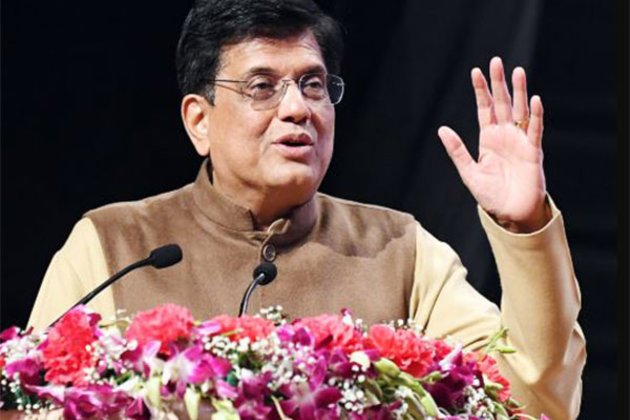Bharat Cleantech Manufacturing Platform Launched
The Bharat Cleantech Manufacturing Platform was recently launched by Union Minister Piyush Goyal at the Bharat Climate Forum 2025 in New Delhi. This initiative aims to enhance India’s cleantech value chains, focusing on solar, wind, hydrogen, and battery storage sectors. Goyal brought into light the importance of self-reliance in the clean energy sector, cautioning against over-dependence on subsidies and Product Linked Incentives (PLIs). He called for innovative approaches to scale manufacturing and positioned the platform as a catalyst for collaboration and co-innovation among Indian firms.
Objective of the Bharat Cleantech Manufacturing Platform
The platform aims to strengthen India’s position in the global cleantech market. It encourages collaboration among businesses to secure financing and share resources. The initiative is expected to make India an attractive destination for cleantech investments and innovations.
Significance of Product Linked Incentives (PLIs)
Goyal expressed concerns that PLIs could hinder the long-term growth of the clean energy sector. While PLIs can initiate growth, he emphasised the need for the sector to become self-sufficient. The focus should be on sustainable development rather than reliance on government support.
Targets for Clean Energy Capacity
India aims to achieve 500 gigawatts of clean energy capacity by 2030. Goyal noted that India has already achieved its 2022 clean energy target eight years ahead of schedule. With 200 gigawatts currently installed, the country is on track to meet its ambitious goals.
India’s Performance in Climate Commitments
India has been a top performer in fulfilling its Nationally Determined Contributions (NDCs) under the Paris Agreement. Goyal pointed out that the country is ahead of its targets, showcasing its commitment to addressing climate change proactively.
Role of Gujarat in Solar Energy Adoption
Gujarat has been a pioneer in adopting solar power in India. Goyal credited the state for its early embrace of renewable energy. The affordability of solar energy in India is attributed to the government’s focus on transparency and fair competition.
- PLI: Product Linked Incentives, aimed at boosting manufacturing.
- NDC: Nationally Determined Contributions, climate commitments under the Paris Agreement.
- 3S: Speed, Scale, and Skill, principles guiding India’s renewable energy programme.
- UNFCCC: United Nations Framework Convention on Climate Change, an international treaty.
- Gigawatt: A unit of power equal to one billion watts, used to measure energy capacity.
Future of Cleantech in India
The Bharat Cleantech Manufacturing Platform is poised to play important role in the future of India’s cleantech industry. By encouraging innovation and collaboration, it aims to position India as a leader in sustainable energy solutions. The initiative aligns with the government’s broader vision of enhancing the renewable energy sector and contributing to global climate goals.
Month: Current Affairs - January, 2025
Category: Government Schemes Current Affairs








